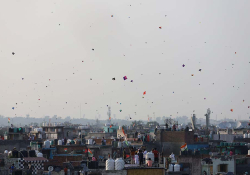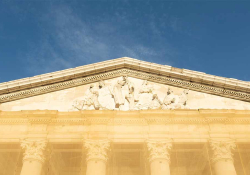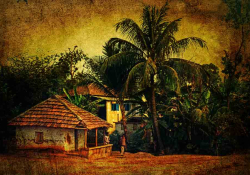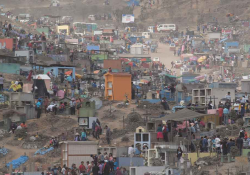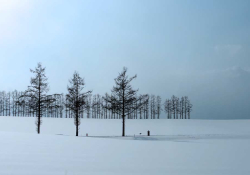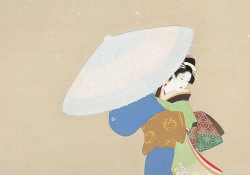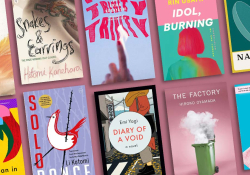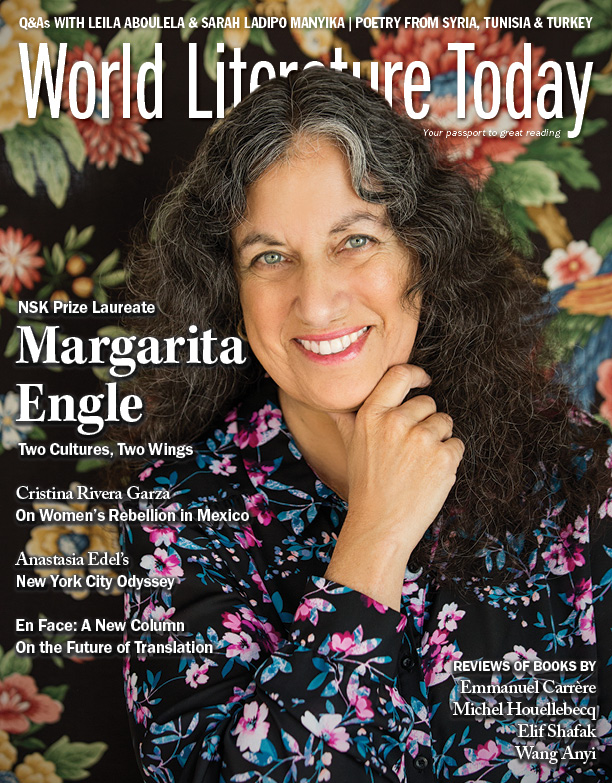Two Cultures, Two Wings: The 2019 NSK Prize Lecture
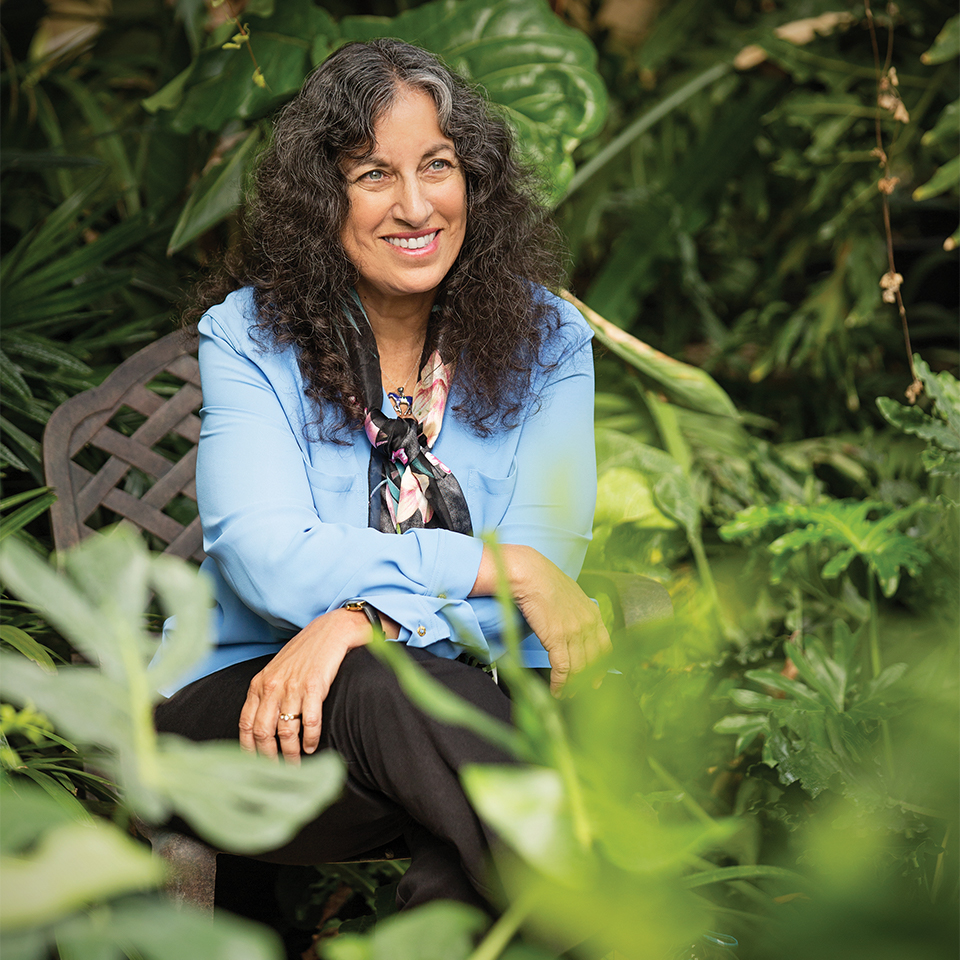
After watching the world-premiere dance adaptations of her poems from The Surrender Tree, Engle delivered the following keynote to the packed audience in attendance, which included several hundred high school students from the surrounding community.
Thank you! Gracias, y gracias a Dios. Thanks to the Neustadt family, Lilliam Rivera, the NSK Neustadt jury, World Literature Today, the University of Oklahoma, and each individual who has worked so hard behind the scenes. I cannot begin to express how profoundly grateful I am for this NSK Neustadt Prize, with its powerful feather that so beautifully follows my two years as Young People’s Poet Laureate, an honor symbolized by the winged horse called Pegasus, whose hoofprint created the pool from which all poetry flows.
That is my advice to you, whenever you read or write. Let poetry flow. Poetry is an experience, a form of exploration. Poems are emotional, but they are also as real and solid as any bridge. Words connect people. By reading, we enter each other’s minds. We listen and experience empathy, which leads to compassion, the seed of peace.
Words connect people. By reading, we enter each other’s minds. We listen and experience empathy, which leads to compassion, the seed of peace.
Peace is personal. My mother is from Cuba, and my father is from California, so I tend to write about the two places I know best. When I was a child, traveling back and forth to visit relatives on the island was a natural aspect of life. We flew between cultures and languages. I felt winged. By the time I was a teenager, it was easier for a US citizen to walk on the moon than to visit la familia en Cuba. Hostility between the two countries was like a wall in the ocean, separating two halves of my self. The loss of travel rights created a monstrous before and after in my life. I still face that beast every day, with poetry. The beauty of language allows me to experience hope, no matter how hideous or sorrowful the subject.
The open spaces between lines on a page are not empty. They are filled with resonance, like the echoes after ringing a bell.
My favorite line of poetry is by Dulce María Loynaz, a Cuban poet who wrote: “En mi verso soy libre.” In my verse I am free. In other words, poetry helps us find a refuge, a safe place for explosive emotions. Poetry creates a mysterious form of communication, one that is interactive. The open spaces between lines on a page are not empty. They are filled with resonance, like the echoes after ringing a bell. Those echoes contain the writer’s emotions as well as the reader’s. Poetry, in other words, is a form of music. Rhythmic language offers comfort, joy, and, like any birdsong, hoofbeat, or heartbeat, a kinship with nature and human nature.
If teachers ask you to tell them what a poem means, remember that they are limited by guidelines required for testing. What they would really love to ask is, How does the poem make you feel?
Poetry, like music, can be enjoyed without being thoroughly understood. In fact, sometimes the poet doesn’t understand her own verse, because she is trying to express the inexpressible. She is exploring.
All writers are different, but for me the process is simple. My creative writing professor, Tomás Rivera, taught me to write from the heart, without worrying about getting published or being popular. For the first draft, there is no substitute for a pen, paper, and the quiet flow of time. When it’s going well, I don’t know whether a minute or an hour has passed. I’m traveling, time-traveling, scribbling, exploring. The hard work of revising comes later, at a desk, with a computer, where I try to make sure that my intensely personal words can be enjoyed—or perhaps even understood—by someone else, the reader. You. You are a bridge to the future. You are the only possible peacemakers, the only environmental superheroes, the only rescuers of nature, and the only hope for a just society based on honesty, equality, and kindness.
We don’t know what is possible in the future, but we do know that we need poetry, the language of hope.
Norman, Oklahoma
October 17, 2019
